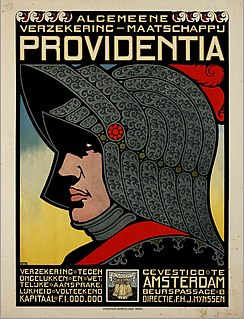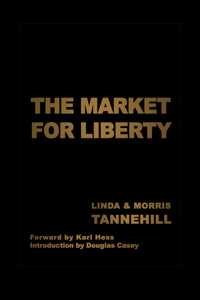Optional Federal Charter(OFC) is a proposal to streamline and simplify US insurance regulation by allowing insurance companies to choose between a current state-based regulatory system and a single federal regulatory agency. This would mean that insurance companies would be regulated something like banks: they could choose either a state charter or a federal one. The proposed new federal regulatory system would be housed within the United States Department of the Treasury. Treasury Secretary Henry Paulson came out in favor of an Optional Federal Charter on March 31, 2008. [1]

Insurance is a means of protection from financial loss. It is a form of risk management, primarily used to hedge against the risk of a contingent or uncertain loss

The Department of the Treasury (USDT) is an executive department and the treasury of the United States federal government. Established by an Act of Congress in 1789 to manage government revenue, the Treasury prints all paper currency and mints all coins in circulation through the Bureau of Engraving and Printing and the United States Mint, respectively; collects all federal taxes through the Internal Revenue Service; manages U.S. government debt instruments; licenses and supervises banks and thrift institutions; and advises the legislative and executive branches on matters of fiscal policy.

Henry Merritt "Hank" Paulson Jr. is an American banker who served as the 74th Secretary of the Treasury. Prior to his role in the Department of the Treasury, Paulson was the chairman and chief executive officer (CEO) of Goldman Sachs. He is now the chairman of the Paulson Institute, which he founded in 2011 to promote sustainable economic growth and a cleaner environment around the world, with an initial focus on the United States and China.
Contents
Groups on both sides of the issue have offered numerous arguments for and against the concept. Proponents promise a freer, more open market for insurance that would benefit consumers, increase product innovation, and help the economy. Opponents, on the other hand, believe that a new federal regulator will impose burdensome bureaucratic rules, squelch competition, and needlessly increase federal power. [2]
Larger insurance companies which operate in multiple states favor the proposal, [3] saying it would cut industry-wide costs by billions per year without reducing consumer protections and encourage free-market competition for insurance on the national level. They also say that the current state-run regulatory system makes it more difficult for insurers to bring innovative products to the market, and consumers are the ones who ultimately pay the price for the inefficiencies of the state-run regulatory system through higher prices. Groups that support an OFC include Agents For Change, the American Insurance Association, the United States Chamber of Commerce, and a variety of free-market groups such as the Competitive Enterprise Institute and FreedomWorks. [4] Both the 2007 Bloomberg-Schumer Report [5] and the Financial Services Roundtable’s Blue Ribbon Commission on Mega Catastrophes [6] have called on Congress to enact Optional Federal Charter legislation.
Founded in 2005, Agents For Change is a grassroots trade association of over 8,500 insurance agents and brokers from across all lines of insurance working together to enact an optional federal charter to allow producers the option of being regulated at either the federal or state level. Members of Agents for Change participate in policy development and provide lawmakers with expert advice as they move forward to modernize insurance regulation. An optional federal charter could revolutionize the way insurance agents and brokers across America conduct business.
The American Insurance Association (AIA) is an insurance industry trade association representing about 300 insurance companies that provide property insurance and/or casualty insurance in the United States.

The United States Chamber of Commerce (USCC) is a business-oriented American lobbying group.
Opponents contend that insurers want an OFC because the current federal OFC bills would largely end the state practice of overseeing—and in some cases setting—the particular rates that insurance companies charge. Groups like the Consumer Federation of America argue that this process of government rate setting tends to provide lower prices for consumers. Opponents also argue that the state-based system does a more efficient job responding to local consumer needs and desires.
The Consumer Federation of America (CFA) is a non-profit organization founded in 1968 to advance consumer interests through research, education and advocacy.





